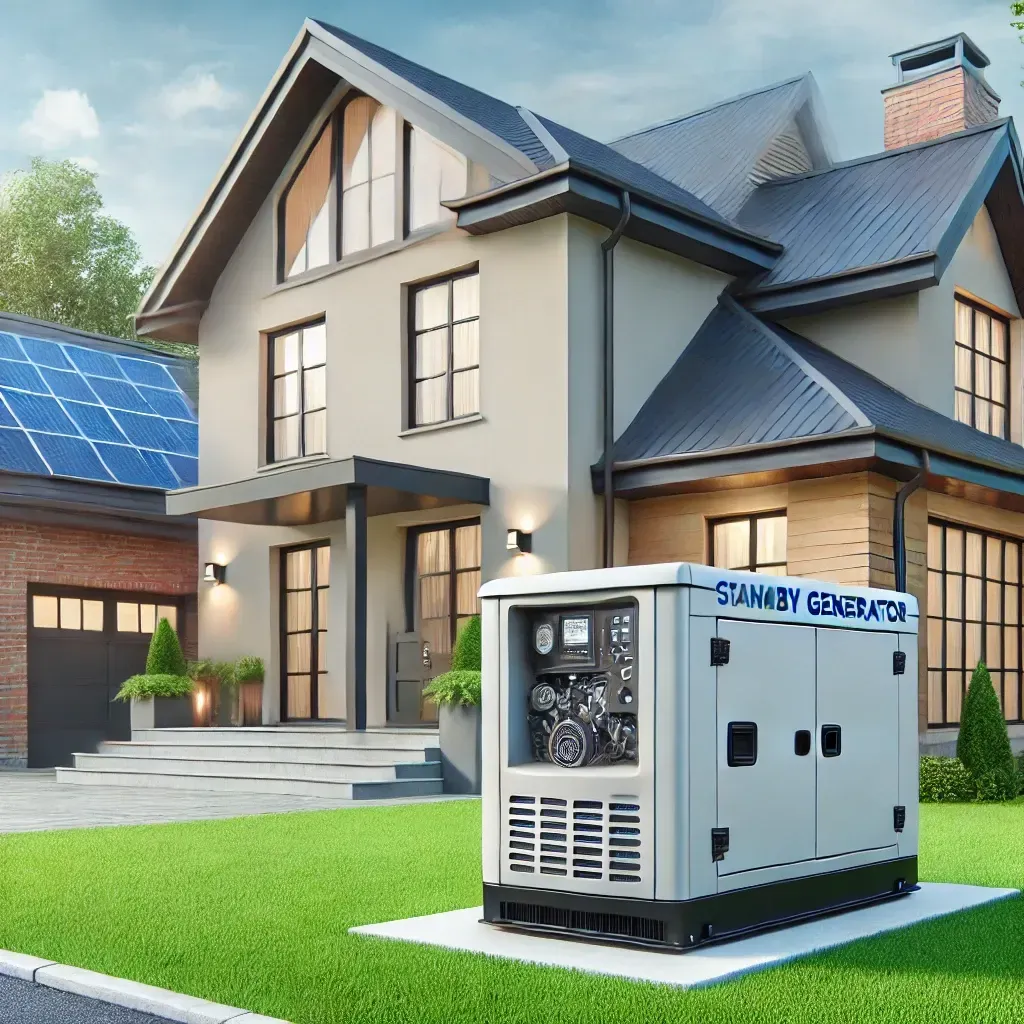
Introduction
Having a reliable generator can be a lifesaver, especially during unexpected power outages. In Orlando, where storms and hurricanes can cause frequent blackouts, a generator ensures that your home remains powered and your daily activities are not disrupted. Whether you’re considering a generator for your home or business, understanding how to choose the right one is crucial. This guide will help you make an informed decision, highlighting the benefits and key considerations of owning a generator.
What is a Generator?
A generator is a device that converts mechanical energy into electrical energy, providing a backup power source during outages. It ensures that essential appliances and systems, such as refrigerators, heating/cooling systems, and medical equipment, continue to operate when the main power supply is interrupted.
Benefits of Having a Generator
Residential Benefits:
-
Uninterrupted Power Supply: Keeps your home powered during outages, ensuring that lights, appliances, and security systems remain operational.
-
Comfort and Safety: Maintains heating, ventilation, and air conditioning (HVAC) systems, ensuring your home remains comfortable and safe.
-
Protection for Sensitive Equipment: Prevents damage to sensitive electronics and appliances caused by power surges.
Commercial Benefits:
-
Business Continuity: Keeps critical business operations running, preventing revenue loss and maintaining productivity.
-
Customer Trust: Demonstrates reliability and commitment to service, enhancing customer trust and satisfaction.
-
Safety Compliance: Ensures safety systems and emergency equipment remain functional during power outages.
Choosing the Right Generator
When selecting a generator, consider the following factors:
-
Power Requirements: Determine the total wattage needed to power essential appliances and systems in your home or business.
-
Type of Generator: Choose between portable, standby, and inverter generators based on your power needs and preferences.
-
Fuel Type: Consider the availability and cost of fuel options such as gasoline, propane, diesel, or natural gas.
-
Noise Levels: Opt for generators with lower noise levels to minimize disturbance.
-
Safety Features: Look for features such as automatic shut-off, overload protection, and surge protection to ensure safe operation.
Why Choose IRK Electrical Services for Generator Installation?
Expertise and Experience: Our certified electricians have extensive experience in installing and maintaining generators, ensuring a professional and seamless installation process.
Quality Products: We offer a wide range of high-quality generators from trusted brands, providing reliable and durable solutions for your power needs.
Customer Satisfaction: Our top priority is customer satisfaction. We work closely with you to understand your requirements and provide customized solutions that meet your specific needs.
Comprehensive Services: From consultation to installation and maintenance, we provide a complete range of electrical services to ensure your generator operates efficiently and reliably.
Frequently Asked Questions
Q: What size generator do I need for my home? A: The size of the generator depends on the total wattage of the appliances and systems you need to power. A professional electrician can help you determine the right size for your needs.
Q: How often should I maintain my generator? A: Regular maintenance is essential to ensure optimal performance. It is recommended to service your generator at least once a year or after every 200 hours of use.
Q: Can I install a generator myself? A: Installing a generator involves complex electrical work and should be done by a certified electrician to ensure safety and compliance with local codes.
Q: What is the difference between a portable and a standby generator? A: A portable generator is movable and typically used for short-term power needs, while a standby generator is permanently installed and provides automatic power backup during outages.
Q: How long can a generator run continuously? A: The runtime of a generator depends on its fuel capacity and load. Standby generators can run for extended periods as long as they have a continuous fuel supply.
Conclusion
Choosing the right generator is essential for ensuring an uninterrupted power supply during outages. By understanding your power needs and considering key factors such as generator type, fuel, and safety features, you can make an informed decision. For professional installation and expert advice, contact IRK Electrical Services today. Our team of certified electricians is ready to help you find the perfect generator solution for your home or business.

